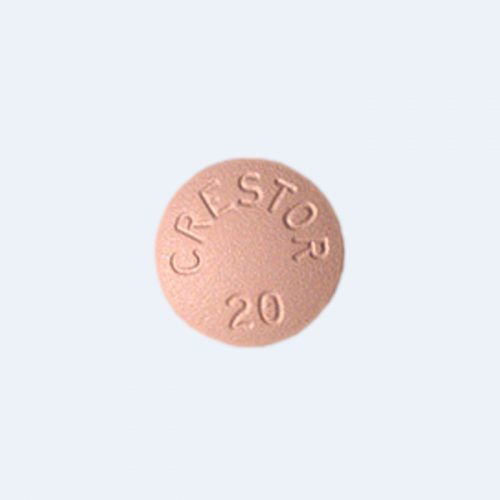Avapro

Buspar
January 29, 2017
Singulair
January 29, 2017Avapro and Its Ins and Outs
Avapro is often taken to treat hypertension and protect kidneys from damage associated with diabetes. Lowering and controlling blood pressure helps prevent heart attacks, strokes and kidney complications.
Avapro belongs to a group of meds called ARBs, and it functions by relaxing blood vessels, thus, enabling the blood to flow easily.
How It Works
Basically, it’s an oral medicine taken to treat kidney disease, diabetic nephropathy and hypertension. Angiotensin is formed in the blood by the action of ACE, and it’s quite a powerful chemical that attaches to special receptors found in different tissues, mainly in smooth muscles of blood vessel cells.
This kind of attachment to receptors results in narrowing blood vessels and increasing patients’ blood pressure.
Avapro works by blocking these receptors, thus, dilating blood vessels and decreasing people’s blood pressure.
The use of the drug was approved almost 20 years ago.
Unwanted Symptoms
Some of the most common side effects experienced by patients who take Avapro include:
- Diarrhea and dizziness;
- Hyperkalemia;
- Stomach pain;
- Fatigue and heartburn;
- Sexual problems;
- Allergic reactions.
In very rare occasions its intake is associated with angioedema and rhabdomyolysis, but most patients tolerate this medication quite well.
Preparations and Doses
Nowadays, patients can find Avapro as standard pills that come in diverse strengths, from 75 mg to 300 mg, and they should be stored at the room temperature.
The most common dosage to treat high blood pressure is 75-300 mg, but many patients prefer to start with 150 mg taken on a daily basis. When it comes to diabetic nephropathy, this health condition is treated by taking 300 mg every day.
Possible Drug Interactions
It’s not recommended to combine Avapro with potassium supplements and potassium-sparing diuretics, salt substitutes and some other meds. Patients shouldn’t take it together with NSAIDs and other ARBs, especially if they have any kidney problems.
They always need to create a list of other pills, even if they use vitamins, and show it to their doctors to ensure that they are protected from any possible drug interactions that often lead to increased side effects and reduced effectiveness.
Basic Precautions
Before taking Avapro, patients also need to inform their doctors about possible allergic reactions and other medical problems.
For example, they should be careful if they have such health conditions as liver disease, severe dehydration and so on.
The use of this medicine can make them feel dizzy, and that’s why people shouldn’t drive or do other things that require their full alertness.
Another important precaution is to limit the consumption of alcoholic beverages.
Avapro is also responsible for increasing potassium levels, and patients always need to discuss its intake before undergoing any surgery.
For pregnant and breastfeeding patients, this medication can be taken only when it’s clearly needed.








